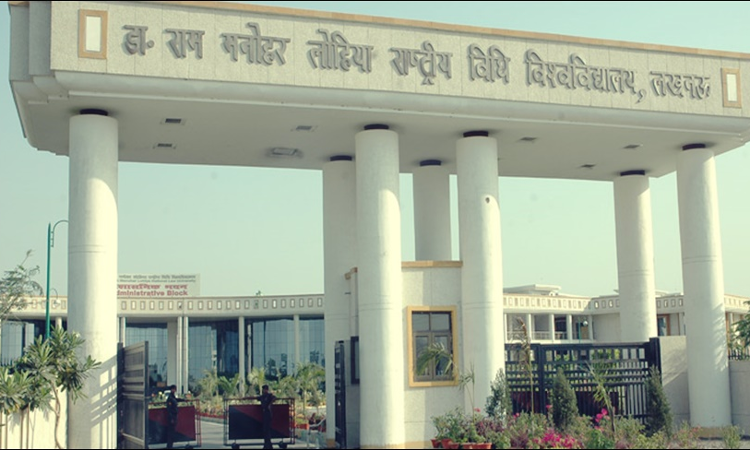Allahabad High Court Directs RMLNLU To Admit 17-Yrs-Old Student With Learning Disability In PWD Quota With Certificate From AIIMS
Upasna Agrawal
20 Aug 2024 1:42 PM IST

Next Story
20 Aug 2024 1:42 PM IST
The Allahabad High Court has directed the Ram Manohar Lohia National Law University, Lucknow (RMLNLU) to admit the student-petitioner who is suffering from "Specific Learning Disability in Writing Only” and has a certificate from the Department of Psychiatry And National Drug Dependence Treatment Centre (NDDTC), AIIMS in B.A. L.L.B. batch of 2024.Justice Abdul Moin held that being 17 years...
